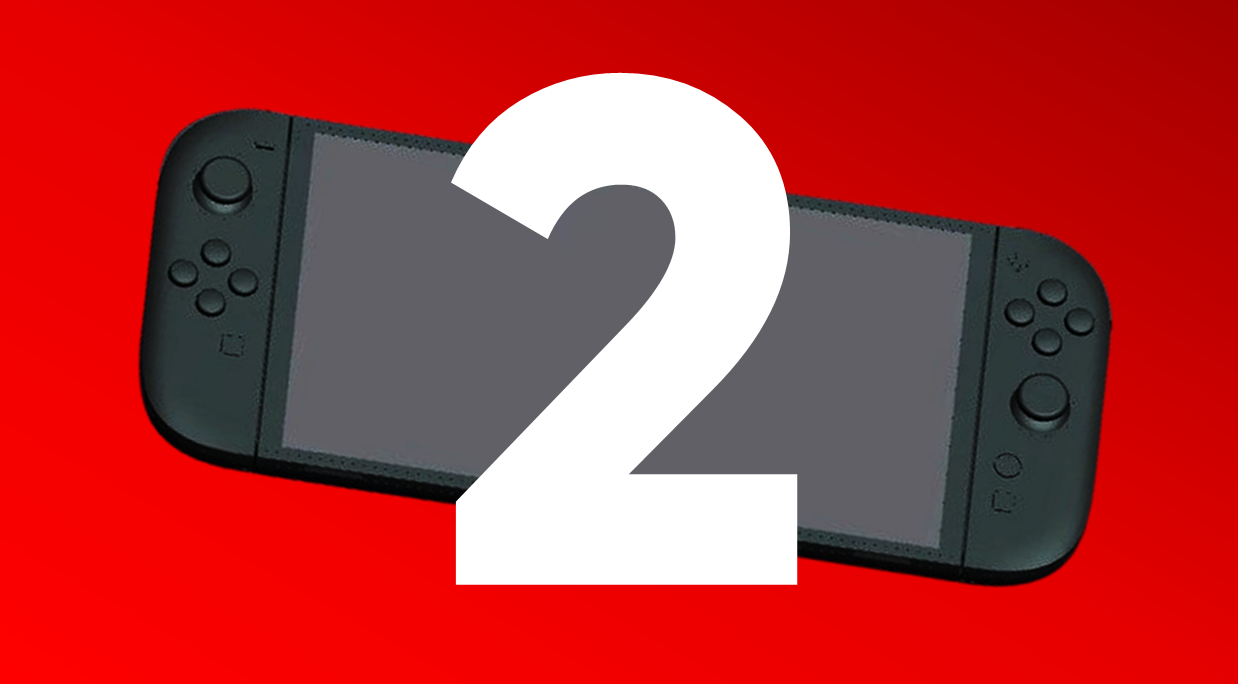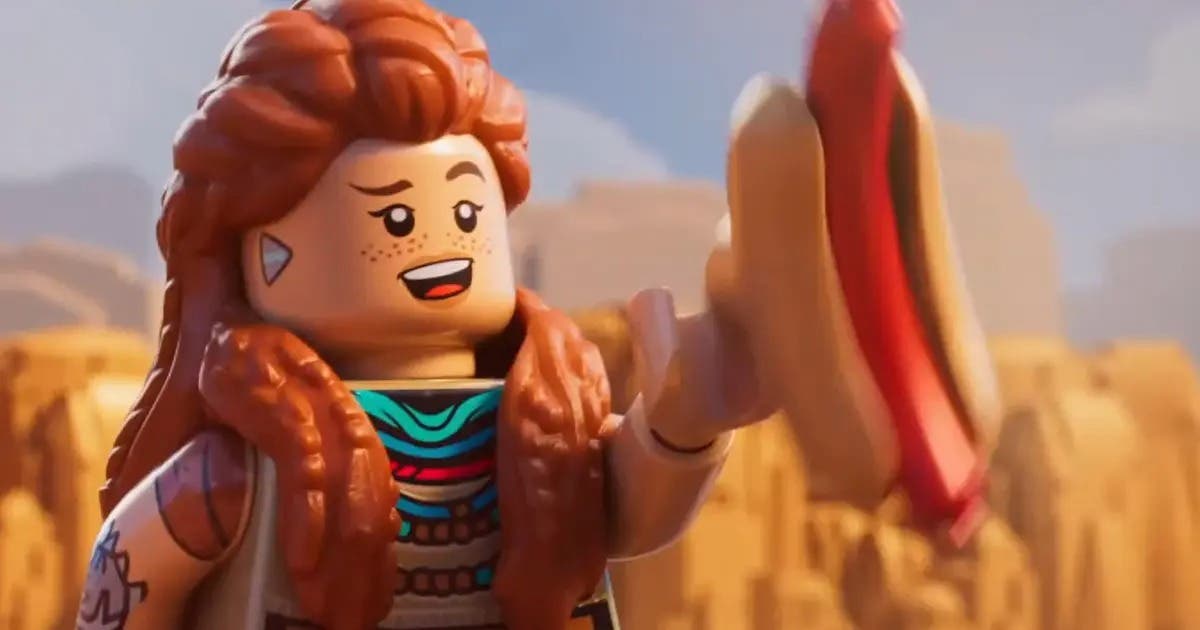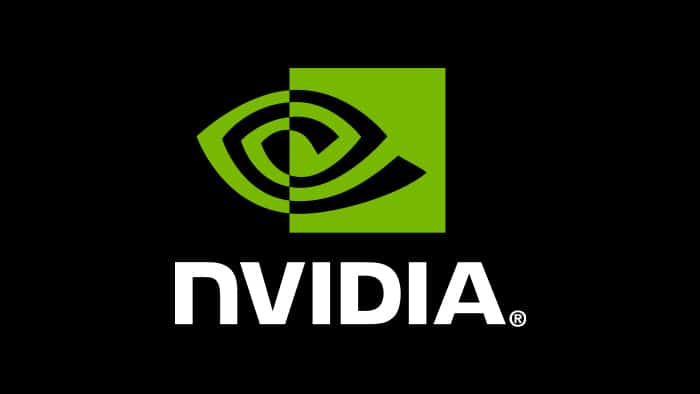
The world wasn’t ready for Romancing SaGa when it was first released back in 1992. It wasn’t until the PS2 remake in 2005 that the title would make its way to western shores, where it quickly gained a passionate following among fans of its non-linear storytelling, expressive characters, and multiple-choice approach to protagonists. Playing through this remaster of the JRPG cult classic, dubbed Romancing SaGa – Minstrel Song – Remastered, reminds us of how special it is, despite some baffling design decisions.
Unlike the 2005 remake, this is more of an upgrade on the Romancing SaGa experience rather than a complete overhaul. It comes with updated, shiny HD visuals and new playable characters, as well as a handful of quality-of-life changes to improve the experience for new players. But even as a remaster of a 20-year-old JRPG, Romancing SaGa – Minstrel Song – Remastered is an ambitious title that tries to do many things that even modern games struggle with.
The plot of Romancing SaGa is told through eight different protagonists, each with their own story to tell in the world of Mardias. Albert, for example, is the heir to a noble house who finds himself on a mission to save his home from invading monsters. Jamil is a thief from a city on another continent, but despite separate stories, there is the potential for the two to interact and adventure together if the player chooses to recruit them. Who players choose to take control of dictates how the adventure starts and whose lens it is told through, and all playthroughs will eventually tackle the same, world-ending disaster by the end.

Player choice is one of the most interesting things about Romancing SaGa – Minstrel Song – Remastered. No matter which character you choose to take control of, you’ll soon be dropped into an open world and given the freedom to find your way around. Playing through as young Aisha, you can choose to wander around for a few minutes and then return home, but if you talk to the wrong person, she will be taken captive and have to find her way to freedom. In most games, that would be an entire character arc, but here it is an optional sidequest. Romancing SaGa is still years ahead of most JRPGs in its narrative approach, even decades after its initial release.
The openness of the world comes at a cost, though. Many quests don’t tell you how to advance beyond vague statements, forcing you to backtrack and scour the world for the next step or the NPC who will drop a vital clue. This might be frustrating to players who go in expecting the game to hold their hand a bit more, but it is all to encourage them to get out and see as much of the world as possible. Recruit new characters, get better equipment and unlock new skills to help you and your party take down the next challenge.
When you’re not searching the continents for your next quest objective, you’ll be grinding your way through the countless monsters that populate the world map. Combat plays out in turns, with players choosing what actions their characters take ahead of the round starting. Most powerful actions consume Battle Points (BP), which regenerate at the end of each turn, making the deadliest attacks something you must wait to unleash. There are also Durability Points (DP), which represent how damaged a weapon is; once they’re used up, the weapon is useless until it gets repaired. Balancing your consumption of these two pools forms the backbone of this game’s unique combat system.

Hit points regenerate completely at the end of each battle, so you can go straight from one fight to the next without needing to worry about healing. This makes grinding much easier, which is good because you’ll be doing a lot of it. Romancing SaGa – Minstrel Song – Remastered doesn’t have experience points — instead, characters gain new skills by performing actions in combat. If Albert keeps using his sword, he’ll unlock new sword abilities, for example. Stats also improve at random after combat, so progression can feel incredibly slow as a result.
The glacial pace of progression is compounded by difficulty spikes that come with the boss fights. Each character we played had a point a few hours in where we encountered a boss that could suddenly wipe our party in a few hits, forcing us back to the grind to up our skills and get better equipment before we could beat them. The suddenness of these spikes sucked a lot of the joy from the game, forcing us to abandon the main quest for hours at a time while we figured out how to reconfigure our party.
There are other design decisions in the game that make Romancing SaGa – Minstrel Song feel dated, despite its ambitions. Not being able to control the camera is nigh-unforgivable, forcing us to take blind corners where monsters were lurking just out of sight. Other issues, like which interactions were shown in cutscenes and which were playable, gave the game an inconsistent feel and felt like strange choices on the developer’s part rather than huge problems with the game.

Some technical hiccups marred our time with this remaster, too. Most were minor, such as characters stuttering as they walked or items clipping through walls, but a serious one caused the game to stop reading our inputs until we put the Switch to sleep and woke it back up. This issue seemed confined to handheld mode but it happened several times in the first five hours of the game..
These issues are extra frustrating because there is such a wonderful gem of a game here, but issues both with its progression system and how it plays on the Switch make it difficult to recommend. The art and design are beautiful and the music is gorgeous and epic. There are few JRPGs like Romancing SaGa – Minstrel Song – Remastered and we wanted to enjoy it far more than we did. Unfortunately, the ambitious title fails to live up to its potential.
Conclusion
Romancing SaGa – Minstrel Song – Remastered ambitions and achievements still feel fresh today. The open-world system is remarkably well-implemented and the multiple-protagonist approach feels modern even in a game that has been on the market for decades, but control issues, the vague nature of the game, and a slow progression system drag it down. Unfortunately, this is a cult classic JRPG that is less than the sum of its parts.






